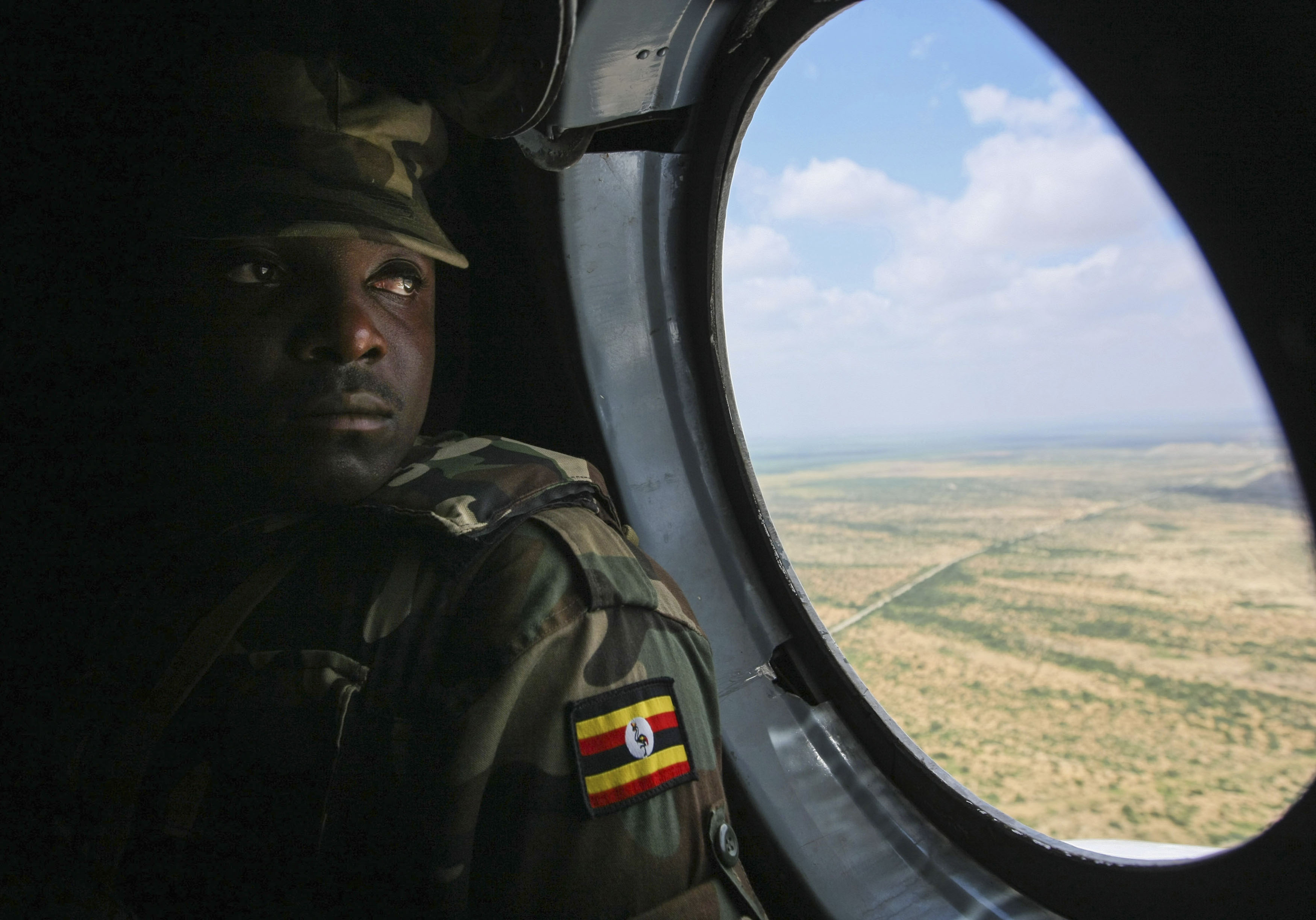Are We Pivoting to Africa Rather Than Asia?
What this weekend’s raids mean for American military strategy

This weekend, the United States conducted two raids against militant Islamists in Tripoli, Libya and Barawe, Somalia. Though the action in Tripoli appeared to be more successful—FBI and CIA agents nabbed Abu Anas al-Liby, a suspected leader of Al Qaeda—the significance of both raids lies less in their immediate success and more in their implications for American involvement in Africa.
What was the purpose of the raids?
The raid in Libya this Saturday culminated in the arrest of al-Liby, who was on the most wanted terrorists list for his involvement in the 1998 bombings of American Embassies in Kenya and Tanzania.
Less official information is available concerning the purpose of the raid in Somalia. However, observers have suggested that this raid was tasked with the bringing the organizers of the recent Westgate Mall assault to justice. American government officials have confirmed that SEAL Team 6 was deployed to Barawe, Somalia, where they engaged in a firefight with militants before aborting the mission. No American casualties have been reported and it is estimated that seven people were killed in the exchange.
What is the significance of the raids for American military involvement in Africa?
North Africa has long seen a strong American military presence due to its proximity to America’s strategic partners in the Middle East, while East Africa cooperated with the United States in its efforts to stabilize Somalia, until the infamous Black Hawk down fiasco. The raids conducted this weekend suggest that the importance and nature of American involvement in the region is quickly changing.
Under the auspices of United States Africa Command, or AFRICOM, which has only been operating since 2008, American military posts in Africa may witness a change in mandate, in which they are more frequently understood as being on the frontlines of counter-terrorism policy, and less as bases from which to organize and launch action in the Arabian Peninsula and the Middle East. Though current AFRICOM missions are largely based on cooperative relationships and many of their programs emphasize the training of local participants, the change in the continent’s strategic importance may be linked to a rise in the sort of unilateral counter-terrorism policy undertaken this weekend.
What does this mean for American foreign policy?
Frequently relegated to the back-burner of American foreign policy, Africa is indeed rising in policy deliberations in Washington. This summer, President Obama made official visits to Senegal, South Africa, and Tanzania, with the aim of fostering political and economic partnerships with these countries. The cultivation of these political relationships and the increased military activity in Africa may suggest that an “African shift” will displace the “Asian pivot.”
This post is part of a collaboration between The Atlantic and the Johns Hopkins School of Advanced International Studies.